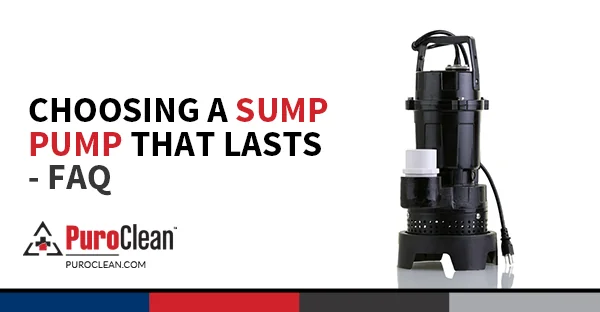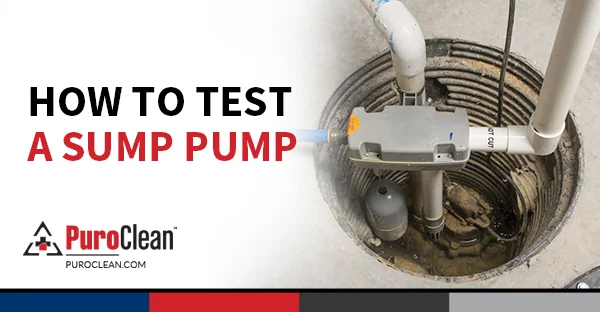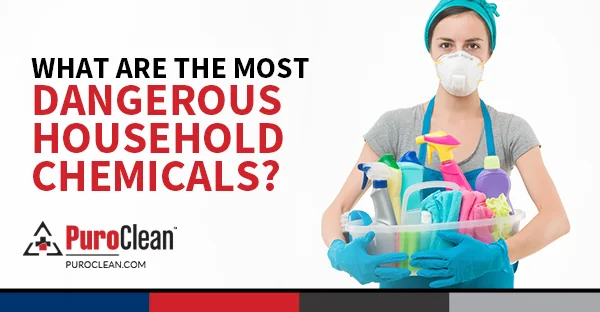Your Local Noblesville, IN Property Restoration Blog
The Most Common Causes of Home Fires and How to Avoid Them
Home fires can start unexpectedly, but taking preventative measures can greatly decrease the risk of a fire in your home.
Read the article




















 PuroClean of Noblesville
PuroClean of Noblesville